Written by Tricia A. Mitchell
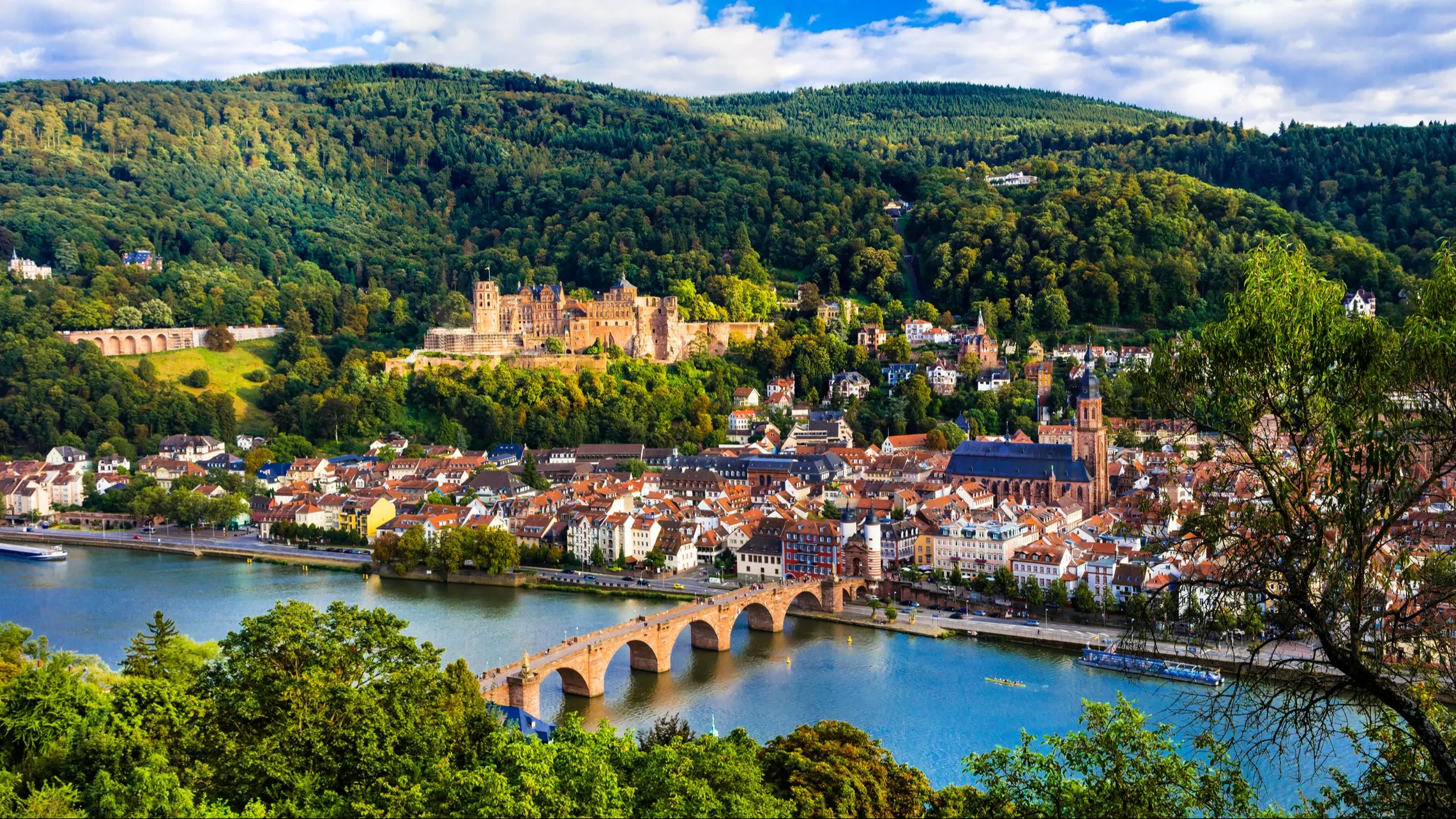
What is it really like to live in Germany? Many people imagine castles perched on hilltops or dense forests dotted with waterfalls. Pictures often present snow-capped mountains towering over green meadows or steep slopes covered with vineyards. This is the idealized version of Germany found on postcards. But, what else can you see and do in Germany?
Let’s start with size. Germany, or Deutschland as it’s known there, is somewhat smaller than the state of Montana. Despite its compactness, Germany boasts a vast amount of cultural, historical, and natural attractions.
When you think of Germany’s cultural and historic sites, Schloss Neuschwanstein or the blush-colored ruins of the Heidelberg Castle might come to mind. These are some of Germany’s most iconic royal structures. However, Germany has many more castles to explore. In fact, it’s estimated that Germany might be home to about 25,000.
Beyond castles, Germany has much more to offer. There are 43 cultural sites on UNESCO’s World Heritage List.
The German cultural capitals of Berlin and Munich have world-class museums, beautiful parks, and monuments. You’ll also find important sites dedicated to remembering the atrocities of World War II.
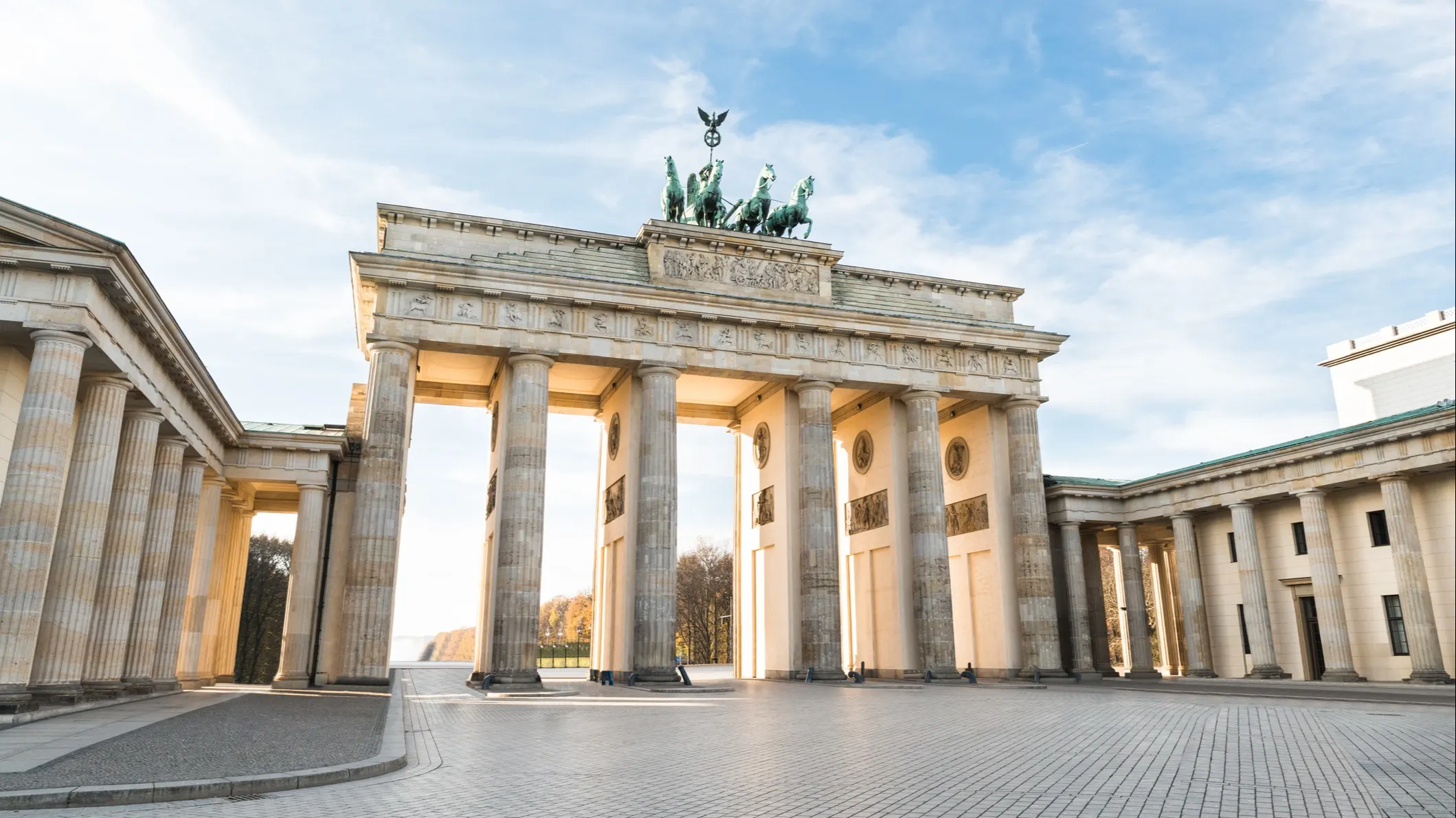
The cities of Trier, Cologne, and Rothenburg ob der Tauber are home to some of Germany’s most historic attractions. In Trier, you’ll find Roman ruins. While in Cologne, you’ll discover a colossal cathedral that took more than 600 years to build. And, in the state of Bavaria, you’ll be able to explore the medieval walled city of Rothenburg ob der Tauber and its delightful half-timbered buildings.
Germany’s natural scenery is incredible. From its windswept northern coast to the majestic Alps in its south, the country has a lot to offer nature lovers.
In total, there are 16 national parks. The resort town of Garmisch-Partenkirchen is one of the most beloved spots for outdoor enthusiasts. It’s nestled in the Alps and overlooked by the Zugspitze, Germany’s highest peak.
Beyond its natural beauty and cultural attractions, Germany has a very good standard of living. Communities often have car-free, walkable centers.
Germans typically demonstrate a significant amount of respect for the environment. This is also evident in government policy, as well as a penchant for maintaining forests and natural areas.
The country’s water supply is generally crystal clean, and the lakes and rivers are immaculate. The water from the tap is safe and delicious.
Combine Germany’s quality of life with its historical, cultural, and natural attractions—and you have the makings of a beautiful and secure place in which to call home.
Pros and Cons of Living in Germany
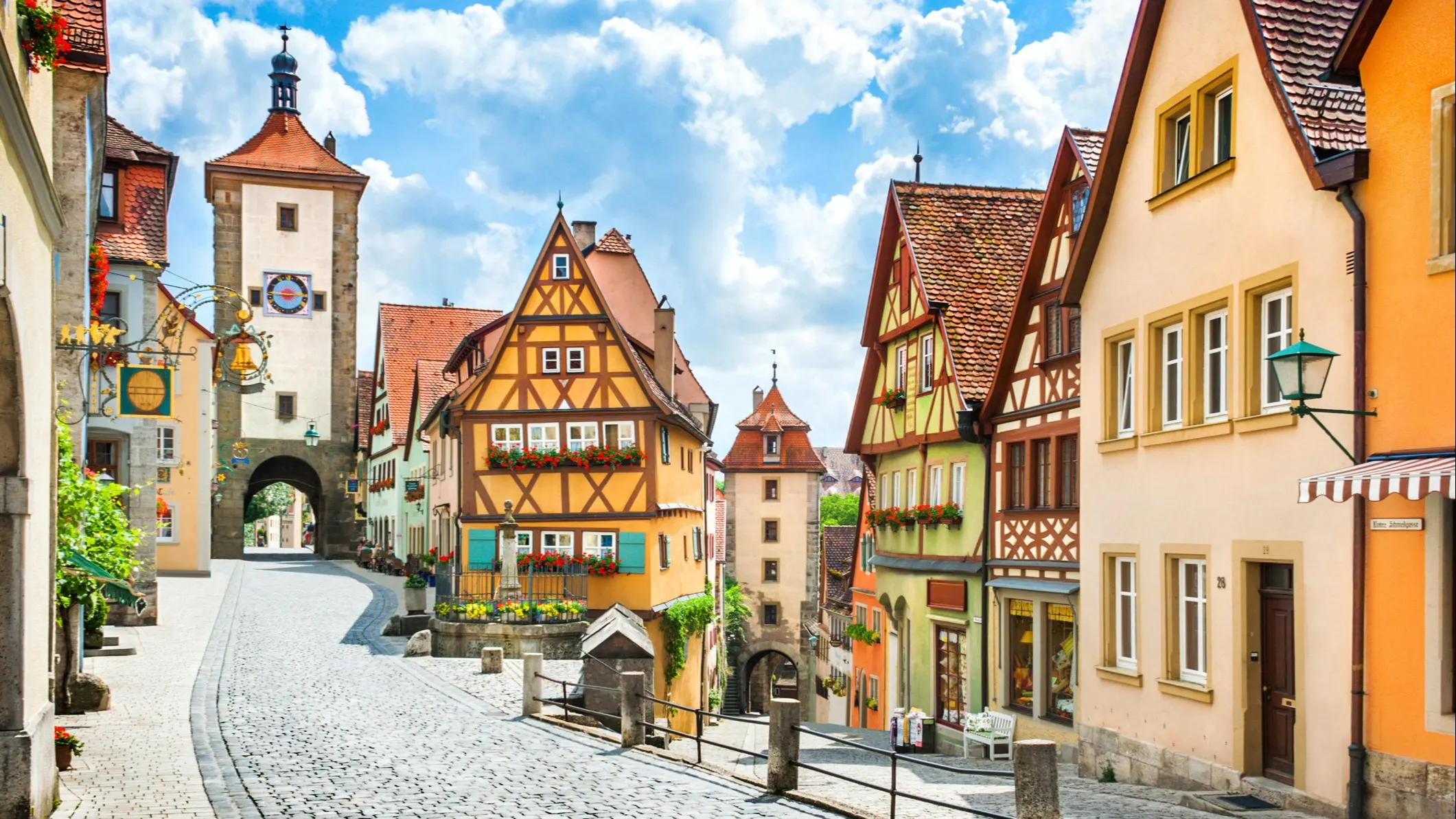
I’ve lived in Germany for about 10 years and have traveled to more than 65 countries. During this time abroad, I’ve noticed differences that exist between nations. However, I’ve come to the simple conclusion that no destination is “perfect.” When it comes down to it, all governments and societies have something to learn from one another.
People do have different priorities and expectations of what they want their life abroad to be like. That’s why it’s essential for potential expats to find their best fit as they contemplate life in a foreign land.
With those thoughts in mind, here are the pluses and minuses I’ve encountered in Germany.
Climate
Pros: Do you appreciate emerald-green landscapes? Or, do you perhaps enjoy hiking in pristine forests on a cool day with a blanket of pine needles underfoot? If so, you’ll find that Germany’s cooler—and sometimes wet—climate is a compatible fit. Germany’s propensity for grey weather means that you’ll value the blue-sky days even more.
Cons: Wet weather and overcast skies can make Germany feel dreary—especially during the winter months. As in Portland, Seattle, or London, you’ll want to make the most of sunny days and indulge in your preferred pick-me-up activity. Kaffee und Kuchen anyone?
Cost of Living
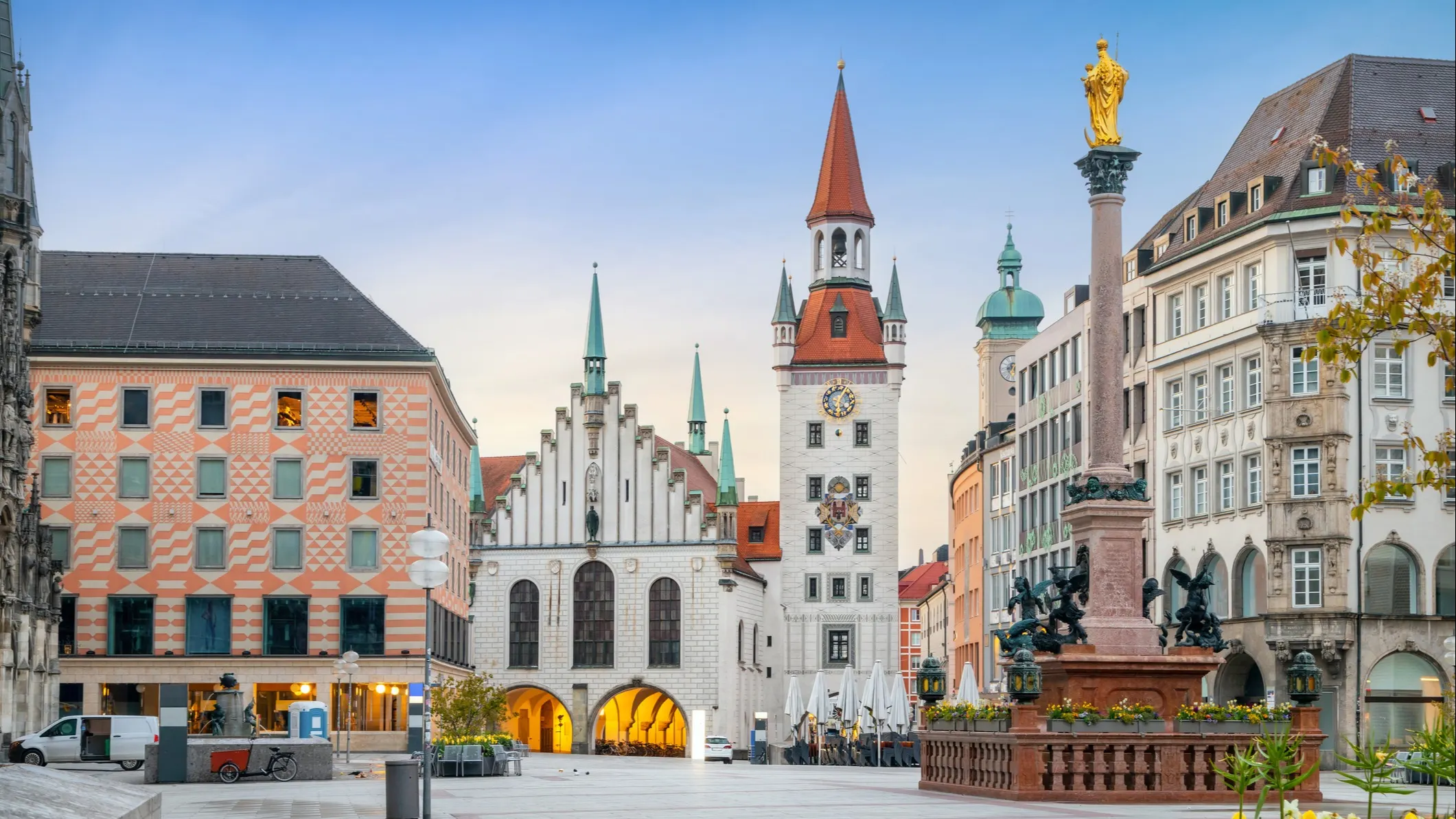
Pros: Germany’s food costs are reasonable. Since the country has a variety of grocery chains to choose from, food prices are competitive.
Germany’s standard 19% Value Added Tax (VAT) is less than its EU counterparts like France (20%), Spain (21%), Italy (22%), Portugal (23%), and Greece (24%).
German roadways also differ from much of Europe. A lack of toll roads make for a smoother driving experience.
Cons: Housing costs can be very pricey in Germany, especially in major cities like Stuttgart, Munich, and Frankfurt. However, some cities, such as Berlin, have recently taken aim at rising rents by enacting rent-control measures.
Gasoline, electronics (computers and mobile phones), and cars are costlier in Germany than they are in the U.S.
Safety and Security
Pros:The Global Peace Index rates 163 nations on their overall level of peacefulness. In 2019, it named Germany the 22nd most peaceful country in the world.
Gun ownership is permitted, but there is no right to bear arms. According to GunPolicy.org, Germany has one of the world’s highest gun ownership rates, but also has some of the world’s strictest gun laws. To get a gun, Germans are required to obtain a license, undergo background checks, and take a test.
Cons: Unfortunately, from pickpocketing to terrorism, Germany is not immune to crime and other security issues. As a result, it’s wise to exercise common sense.
Medical Care
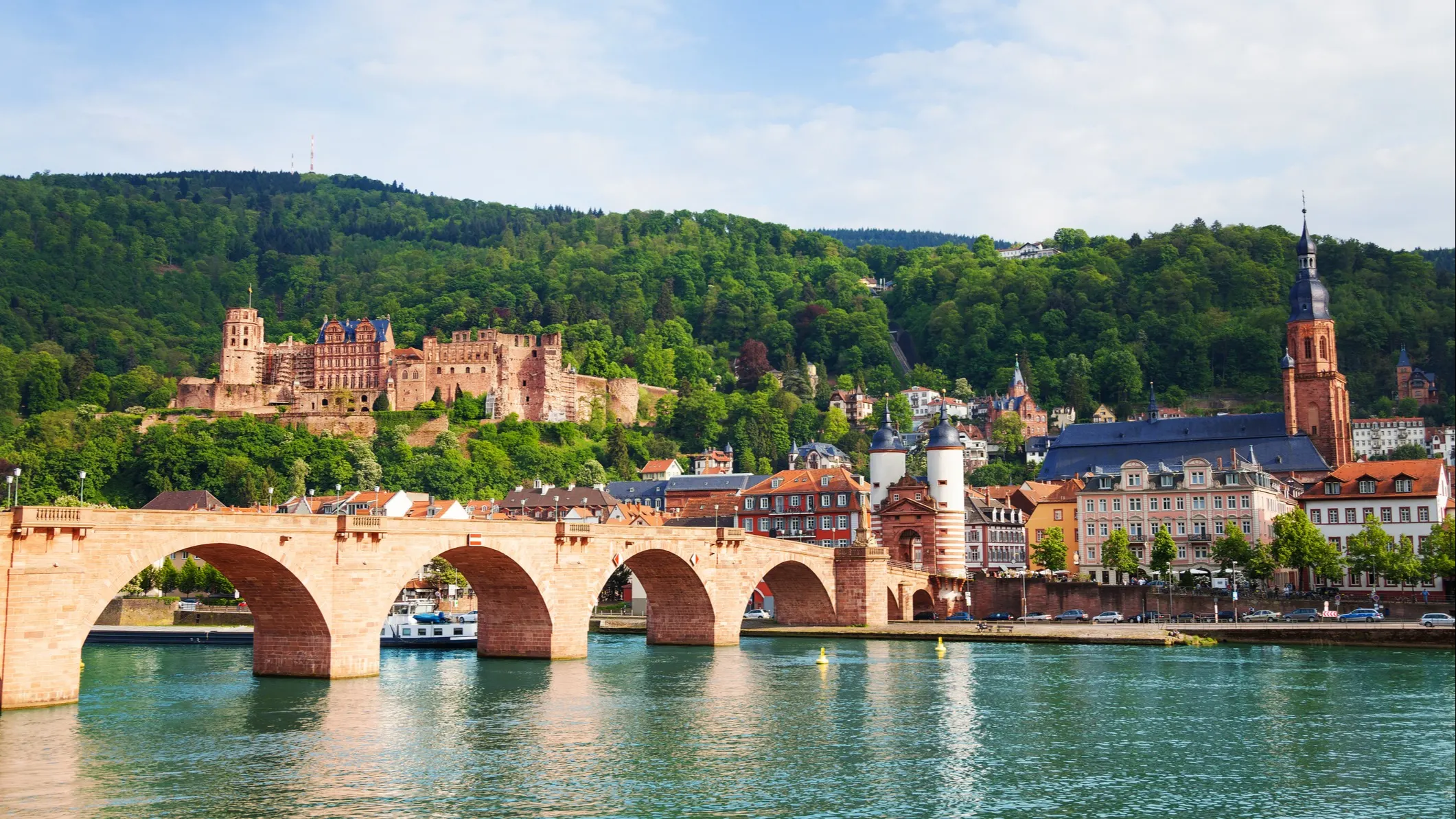
Pros: Healthcare is significantly less than it is in the U.S. For example, when I went to the emergency room in Munich, I had to pre-pay a standard fee of €200 (about $220). You can imagine my surprise several weeks later when this hospital tracked me down to refund a portion of that fee. I once had an American ER bill that was about 20 times that amount.
Prescription medications cost less than they do in the U.S. And, when you seek medical care, you’ll find that a number of providers have a great command of English.
Germany has a universal, multi-payer healthcare system. The country’s system is often recognized as one of the best in the world.
Cons: Some medical professionals, particularly in smaller cities, do not speak English.
Language
Pros: German schoolchildren learn English from a young age, and as a result, many Germans speak English quite well. You’ll find that English fluency is usually greater in larger cities, university towns, and tourist destinations.
If you want to study German, there are numerous language schools to choose from. In addition to private schools, Volkshochschulen (adult education centers) are popular with language learners. When you begin your German studies, you’ll be pleased to discover that German words are pronounced as they’re written. It’s also easy to spot German nouns since they’re always capitalized.
Cons: German grammar can be challenging. Even Mark Twain observed this when he penned his humorous essay, The Awful German Language. German nouns have three grammatical genders (masculine, feminine, and neuter). There are also four cases (nominative, genitive, dative, and accusative). To confuse matters further, some German verbs are chopped into two, and then placed in different parts of a given sentence.
Like other countries, Germany has different dialects. If you study the standard German dialect (Hochdeutsch), and then go to the region of Bavaria, for example, you’ll likely have a tricky time communicating.
Activities and Recreation

Pros: Do you fancy good wine, food, and a bit of cheer? Then you’ll love Germany’s lively festivals, of which Oktoberfest is the most famous. Once winter rolls around, you’ll have an abundance of cozy Christmas markets to choose from.
Germany has 13 wine-growing regions. This offers wine tasters plenty of opportunities to sample a few of its signature wines, including Riesling, Gewürztraminer, or Spätburgender. The Mosel, Pfalz, and Baden regions are some of the most famous wine-growing areas.
At a local level, you’ll also have access to musical and theatrical performances, yoga and Pilates classes, swimming pools, and sports complexes offering activities like tennis.
Finally, since Germany is centrally located and well connected, it makes a great base for exploring the rest of Europe.
Cons: Germany lacks the sun-drenched beaches of its southern European neighbors. However, from picturesque alpine lakes to North Sea beaches, Germany offers swimming opportunities of a different kind.
Proximity to the U.S.
Pros: Germany has numerous, well-serviced international airports. Frankfurt, Munich, and Düsseldorf are three of the busiest, but you’ll also find flights out of Berlin and Hamburg.
Flying from Frankfurt to New York takes just under nine hours.
Cons: None, other than the length of a trans-Atlantic flight.
Quality of Life
Pros: Germany is a highly developed country that’s clean and orderly. Things run on time, there is a respect for the environment, and the country’s infrastructure is good. Cities are generally walkable, and you can easily get around using the country’s well-organized mass transit network. The country has an educated populace.
If you’re a dog owner, your furry friend will approve of a move to Germany. The country is so devoted to dogs that they’re often welcome inside restaurants and shopping malls. However, they’re not allowed in grocery stores or Megzgerei (butcher shops).
Cons: Customer service isn’t as robust as what you’d encounter in the U.S. However, I think you’ll notice a lower standard of customer service in other countries, too.
Also, Germany’s rules can feel overwhelming at times. Yet, if you ever have the experience of living in a country where rules are not enforced—and chaos and discomfort result—you’ll come to appreciate Germany’s sense of order.
Things to Do in Germany for $100 or Less
By Erik S. Meyers
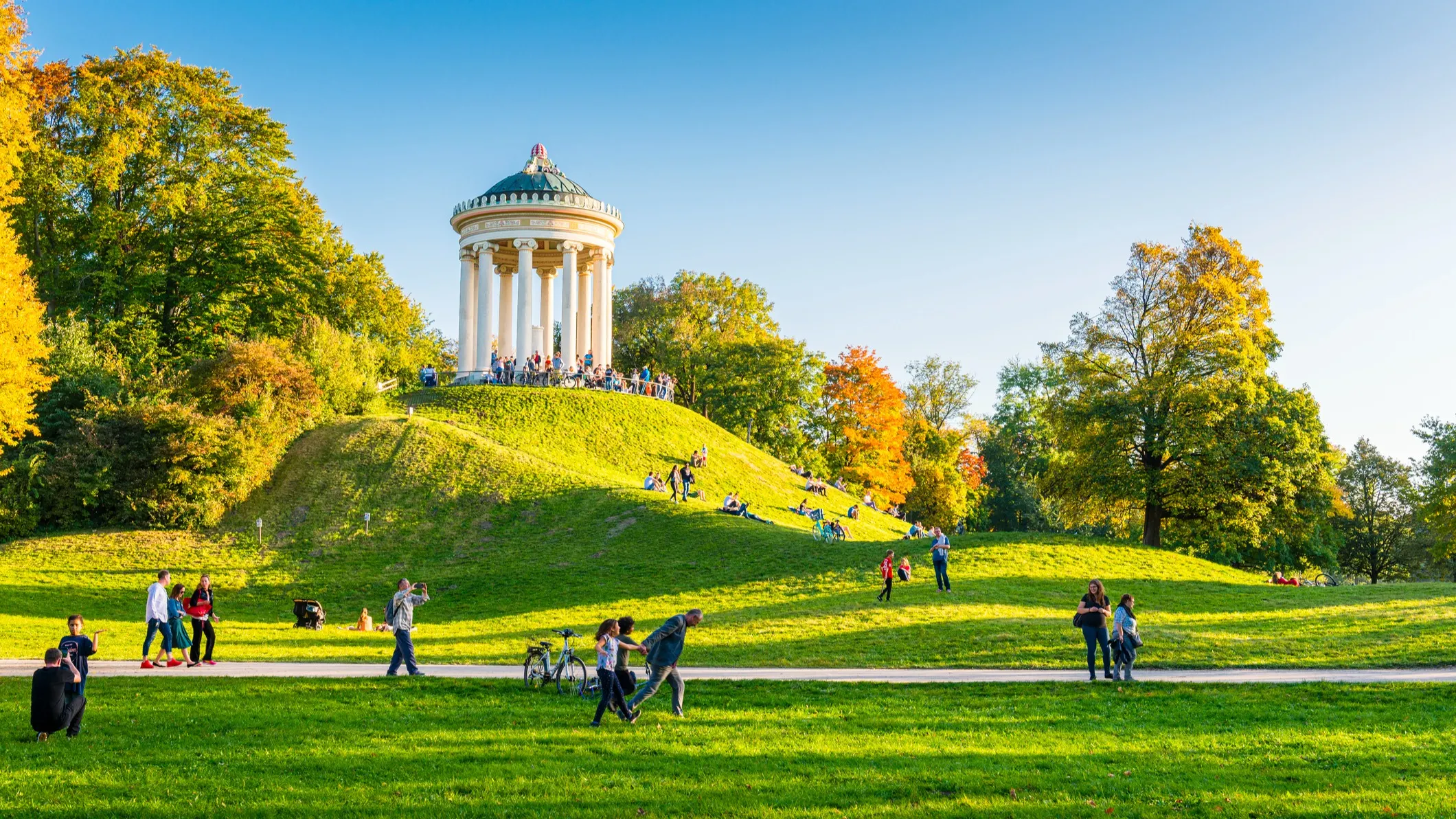
I've lived in Germany for 22 years. If you in my year abroad in high school and other visits, I've probably spent around 25 years of my life in the country.
It's an amazing place with so much to see and do… and most of it doesn't cost a fortune.
I've put together 10 tips for things to do in Germany for $100 or less. The first five are things to do no matter where you are in Germany, with a few specific examples from around the country. The other five are tips for specific cities or areas.
5 Things to Do Anywhere in Germany
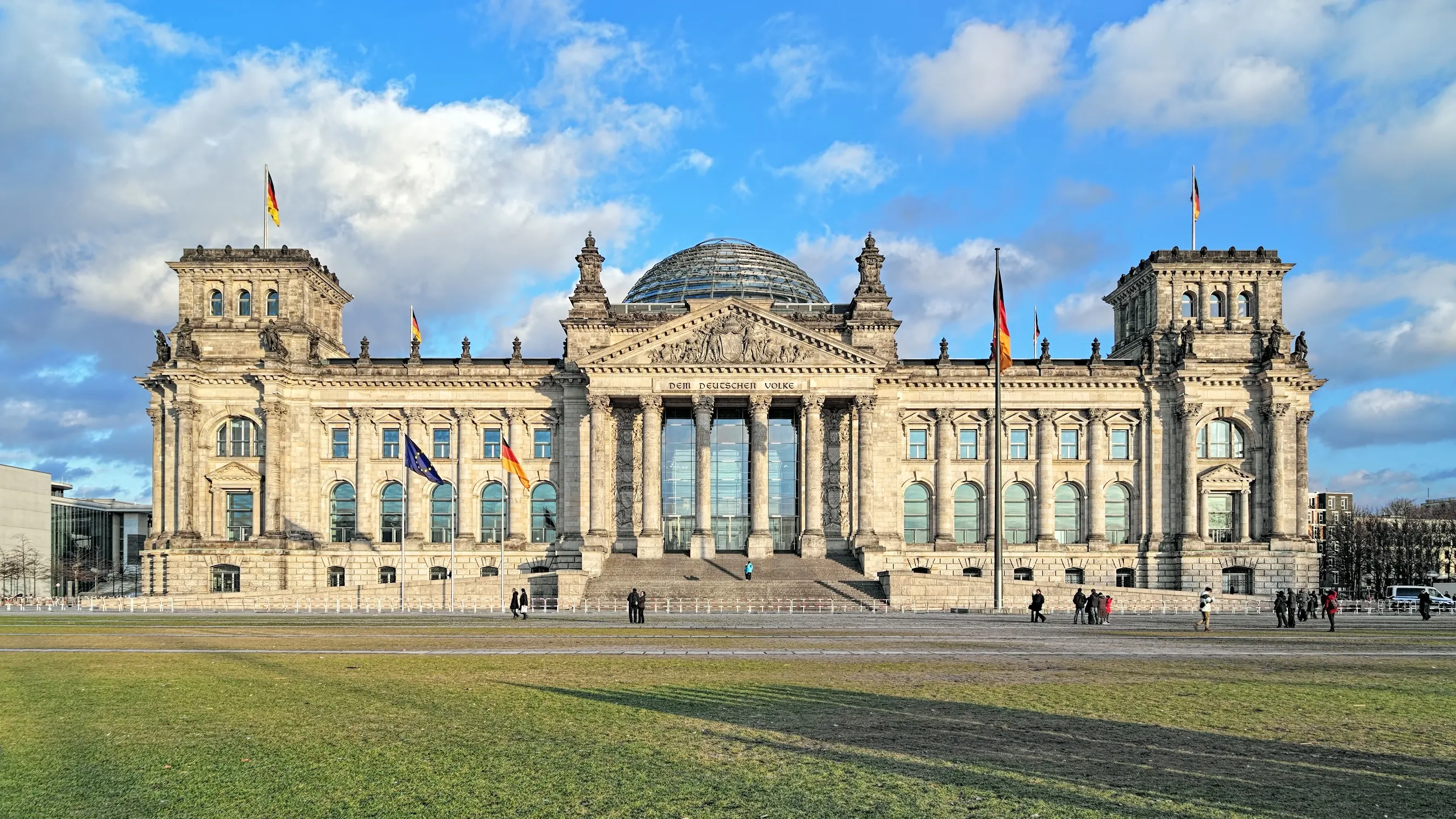
Stroll Through History (free to up to $25 per person)
Germany is dotted with ancient towns and cities. Wherever you happen to be, there will be a village, town, or city to visit with an old Medieval center, some even dating back to Roman times.
You can stroll through the town and soak up the atmosphere without dropping a cent. Of course, there will also be museums and castles to visit, but the entrance fee is usually less than $25 per ticket, while most churches are free.
My favorite towns and cities for this from north to south are: Lübeck, Celle, Dresden, Heidelberg, Ladenburg, Dinkelsbühl, and Meersburg.
Relax Over Coffee and Cake (around $15 for two)
Germans, well actually Europeans in general, love to relax with friends and family for hours over food and drink. One of the best examples of this tradition, in my opinion, is coffee and cake.
Every town will have at least a bakery, if not a cafe, where you can find a delicious selection of cakes and pastries. If it's warm weather, you can sit outside (most cafes have outdoor seating), sip your coffee, enjoy some delicious cake and watch the world go by.
Take a Boat Ride (varies)
From the north to the south, there are gorgeous rivers, harbors, or seas to take a boat ride. And there will always be beautiful countryside to see wherever you are.
Some of my favorites from north to south are: Hamburg Harbor, Spree River (Berlin), Rhine River (western Germany, Lake Constance (southern Germany).
In terms of cost, this varies depending on the length of time, one-way or round-trip, etc. But for example, a one-way ticket on Lake Constance from the city of Constance to the town of Lindau on the other side of the lake costs around $25 per person, children are half-price.
Enjoy a Delicious Dinner For Two ($100 or less)
Dining out in Germany does not have to be expensive. Wherever I've been, I've been able to find all kinds of restaurants where two people can have a delicious three-course meal for under $100. This could be typical German food, Italian food, Greek food.
Of course, if you are in a big city and go to a gourmet restaurant you will pay a lot more.
Walk or Hike Through Nature (free)
One of the things I love about living in Germany are the hiking and walking trails. No matter where you are, you will find wonderful hiking or walking trails you can enjoy for free. This could be in the woods of the Black Forest, along one of the many rivers, or if you are adventurous up a mountain.
Things to Do in Specific Cities or Areas in Germany

Berlin: Visit the German Parliament Building (Free)
The German parliament sits in the old Reichstag building in the city center. It was transformed and modernized with a huge glass dome and more. With registration in advance, you can see the building, walk underneath the dome for free and walk out on the roof-top terrace. There's even a roof-garden restaurant.
Dresden: Visit the Green Vault and Treasury ($17 per person, children under 17 free, free audioguide)
The old city of Dresden has many beautiful buildings to visit. A highlight is the Green Vault (Grünes Gewölbe) located in the Dresden Palace. Much of old Dresden was destroyed during World War II and has been lovingly restored.
Tickets can be purchased online in advance, which I recommend.
Lake Constance: Explore Mainau Island ($54 for two adults and any children under 15 when booked in advance)
Mainau Island is a unique natural space located on Lake Constance in far southern Germany not too far from the Swiss border.
The region tends to be warmer than the rest of Germany, so all kinds of flowers and plants grow on the island and in the greenhouses, including palm trees. There are numerous trails and paths to explore the 111-acre island. It's worth spending a day there. I recommend purchasing tickets in advance.
The Palatinate: Do a Wine Tasting (usually free)
German wine has been well known for a long time and today Germany is a wine powerhouse. The best wine region, in my opinion, is the Palatinate (in German Die Pfalz) in southwest Germany.
There are numerous excellent winemakers you can do wine tastings at.
My favorite is Pfeffingen in the town of Bad Dürkheim (which by the way hosts the oldest and largest wine festival in the world, since 1417)
An alternative is Bassermann-Jordan in the nearby town of Deidesheim (this town is known for its gourmet restaurant Der Schwarze Hahn, or the Black Rooster, a favorite of former German Chancellor Helmut Kohl who came from the region)
Heidelberg: Visit the Old Castle (Adults $11 each)
If you are American and travel, you have most likely heard of Heidelberg. And yes it is beautiful. The city wasn't destroyed during World War II, so you can still explore the Medieval streets and alleys. One of the best things to see, with amazing views over the old city, is Heidelberg Castle. First mentioned in 1225, it was partially destroyed by the French in 1689 during the War of Succession.






